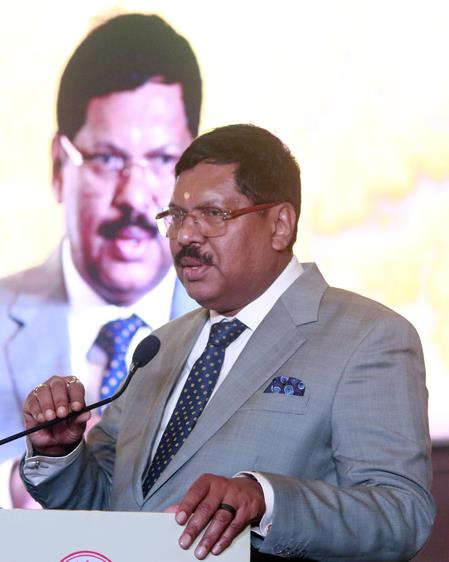
Both 'Guardian And Catalyst': CJ Gavai Highlights Judiciary's Evolving Role At Nepal-India Judicial Dialogue
Speaking on "Evolving Role of Judiciary with particular focus on jurisprudential developments and justice sector reforms undertaken by the Supreme Court of India", CJI Gavai underscored how courts have moved beyond the "black-letter law" to engage with the deeper purposes and consequences of the law.
"In both countries, the judiciary serves as a bridge between the aspirations of the people and the ideals enshrined in the Constitution," he said.
Highlighting landmark constitutional doctrines, he reiterated the enduring importance of the basic structure doctrine.
Recalling the 2015 verdict striking down the National Judicial Appointments Commission (NJAC) Act, the CJI said: "The doctrine of the Basic Structure has now become a well-settled principle in Indian constitutional jurisprudence. Its significance has transcended national boundaries, as India's judgments on the Basic Structure Doctrine have been cited and relied upon by the constitutional courts of several other countries."
CJI Gavai also noted the Supreme Court's proactive recognition of emerging rights, including the right to privacy, reproductive rights, and disability rights.
Referring to the 2018 Common Cause verdict on passive euthanasia, he remarked: "An individual's personal autonomy is central to determining the course of their own life."
On gender justice and substantial equality, he cited recent rulings such as the Arshnoor Kaur case, where the apex court ruled that the exam for the post of Judge Advocate General (JAG) must be conducted by the Indian Army in such a manner that it does not restrict the number of women entrants.
"The practice of fixing a ceiling limit to recruitment of female candidates has the effect of perpetuating the status quo," the CJI quoted from the ruling.
CJI Gavai also touched on environmental jurisprudence and electoral reforms, stressing that "the Constitution confers a fundamental right against the adverse effects of climate change within Article 21".
He noted the Supreme Court's 2024 decision declaring the Electoral Bond Scheme – which allowed 'anonymous donations to political parties' – unconstitutional for violating citizens' right to information.
CJI Gavai praised the Supreme Court of Nepal for advancing gender justice, privacy, environmental protection, and indigenous peoples' rights.
"I therefore place on record my deep appreciation for the stride taken by the Supreme Court of Nepal," he said.
CJI Gavai also called for deeper collaboration between India and Nepal's judiciaries. "In today's globalised world, judiciaries are increasingly interconnected, making it essential for them to learn from one another's experiences."

Legal Disclaimer:
MENAFN provides the
information “as is” without warranty of any kind. We do not accept
any responsibility or liability for the accuracy, content, images,
videos, licenses, completeness, legality, or reliability of the information
contained in this article. If you have any complaints or copyright
issues related to this article, kindly contact the provider above.


















Comments
No comment